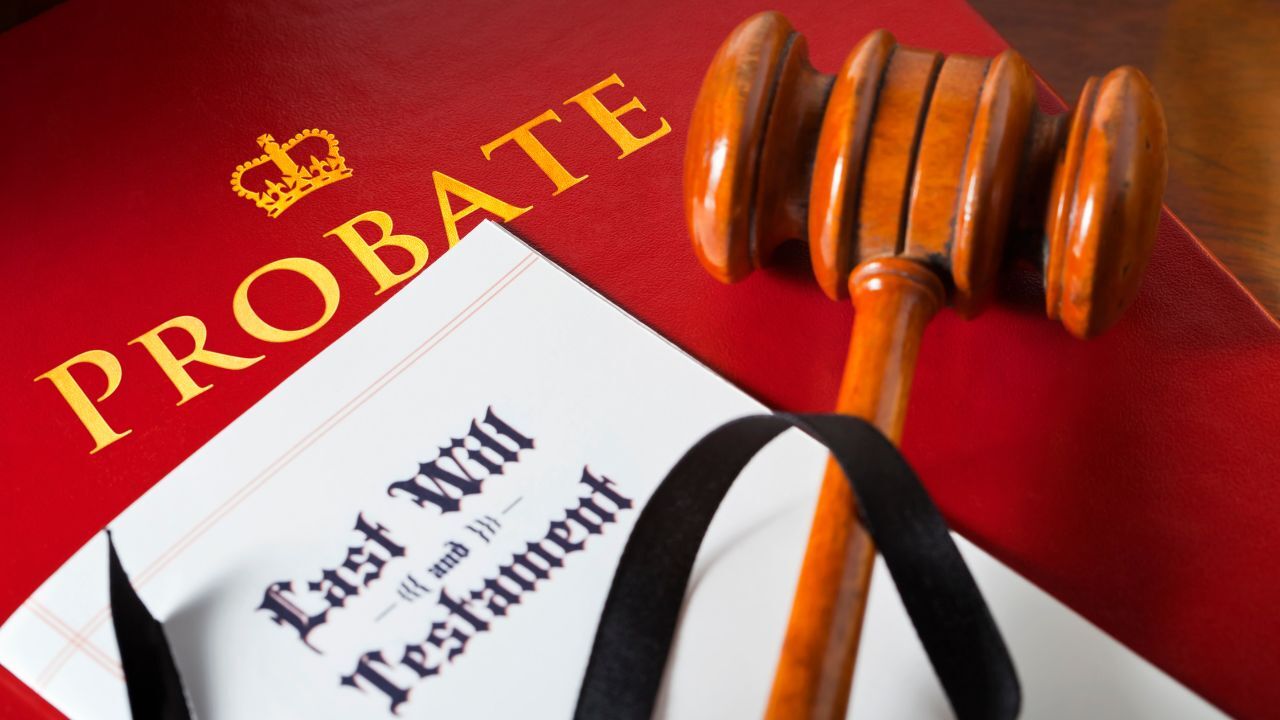 Selling a home through probate can seem complicated, especially when you’re grieving the loss of a loved one. However, understanding the process can help alleviate some of the stress and ensure the sale goes smoothly. Probate is the legal process through which a deceased person’s estate is administered, and it includes the distribution of assets, including real property. If you’re the executor of an estate or a beneficiary, selling a home through probate requires following certain legal steps and working with the right professionals to ensure everything is handled correctly.
Selling a home through probate can seem complicated, especially when you’re grieving the loss of a loved one. However, understanding the process can help alleviate some of the stress and ensure the sale goes smoothly. Probate is the legal process through which a deceased person’s estate is administered, and it includes the distribution of assets, including real property. If you’re the executor of an estate or a beneficiary, selling a home through probate requires following certain legal steps and working with the right professionals to ensure everything is handled correctly.
What Is Probate?
Probate is a court-supervised process where a deceased person’s assets are inventoried, debts are paid, and property is distributed according to the terms of their will or, if there is no will, state law. The probate process can take several months, sometimes even longer, depending on the complexity of the estate. During this time, the home may need to be sold to pay off outstanding debts or to distribute the proceeds among heirs.
Steps to Selling a Home Through Probate
- Appointing the Executor or Administrator
The first step in the probate process is appointing an executor or administrator, if one has not already been named in the will. This person is responsible for managing the estate, including selling any property. If the deceased person did not have a will, the court will appoint an administrator, typically a close family member, to manage the process. - Probate Court Approval
Before selling a property in probate, the sale usually needs to be approved by the probate court. This is an important step, especially if the sale price is lower than the appraised value or if the home is being sold to an interested party who may have a conflict of interest. The court will ensure that the sale is fair and in line with the deceased person’s wishes. In some cases, this approval can take several weeks or even months. - Real Estate Agent’s Role
Working with a real estate agent experienced in probate sales can be invaluable. They will guide you through the entire process, from pricing the home to handling negotiations and ensuring that the sale is compliant with state and court requirements. An experienced agent can also help you navigate the legalities, provide access to qualified buyers, and offer advice on how to best market the property for a timely sale. - Preparing the Home for Sale
Once the court has approved the sale, the home should be prepared for listing. This may involve cleaning, repairing, or staging the home to ensure it’s appealing to potential buyers. Depending on the condition of the property, you may need to invest in repairs or cosmetic upgrades. If the deceased person’s belongings remain in the home, these should be cleared out before listing it for sale. - Sale and Distribution of Proceeds
Once an offer is accepted, the sale must be presented to the probate court for final approval. Once the sale is approved, the property can be sold, and the proceeds will be distributed according to the instructions in the will or as required by state law. The proceeds may be used to pay off any remaining debts or be divided among the beneficiaries.
Challenges to Selling a Home Through Probate
While selling a home through probate can be a straightforward process, there are challenges to consider. The probate court’s involvement can slow down the sale process, and the home may need to be sold as-is, without the ability to make significant improvements. Additionally, if there are disputes among family members or heirs, it can complicate the sale and delay closing.
Selling a home through probate requires patience and attention to detail. Working with a knowledgeable real estate agent and a probate attorney can help you navigate the legal requirements and ensure the sale is completed smoothly. Whether you’re the executor or a beneficiary, understanding the probate process and the steps involved in selling a home can help you make informed decisions and manage the sale with confidence.
